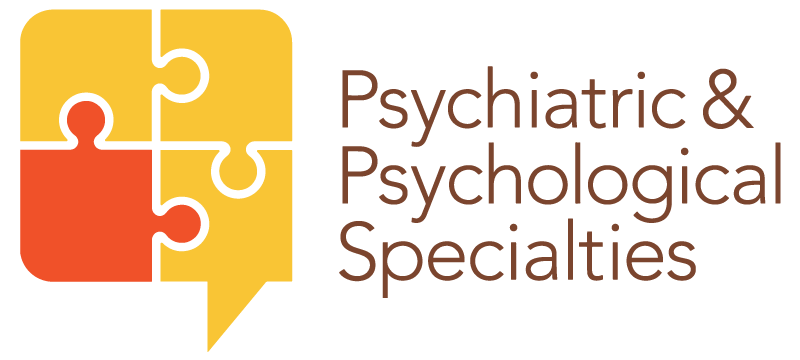Healing Beyond Quick Fixes: Why Depth-Oriented Psychotherapy Creates Lasting Change
When life feels overwhelming — anxiety that won’t quiet down, sadness that lingers, relationship patterns that keep repeating — it’s natural to want relief fast. Many modern therapy approaches are designed to give you just that: symptom reduction and practical tools in a short time. While these can be valuable, quick fixes often leave the deeper roots of suffering untouched.
At Psychiatric & Psychological Specialties (PPS), we believe real healing takes time, safety, and depth. Our clinicians are trained in depth-oriented psychotherapy, a way of working that goes beyond managing surface symptoms to help you truly understand and transform the underlying patterns that shape your life.
What Does “Depth-Oriented” Mean?
Depth-oriented psychotherapy focuses on the whole person, not just a checklist of symptoms. Instead of stopping at “How do we reduce your anxiety right now?”, we ask:
Where did these feelings begin?
How have past experiences shaped how you see yourself and others?
What unconscious patterns or defense strategies keep repeating — even when they no longer serve you?
Through a safe and consistent therapeutic relationship, clients can explore emotions, memories, and relationship templates that often operate outside conscious awareness. This exploration is what allows for deep, sustainable change.
Our approach blends:
Psychodynamic and relational therapy — understanding early experiences and current relationships.
Existential and meaning-focused work — exploring purpose, identity, and what makes life meaningful.
Evidence-based methods such as ACT (Acceptance & Commitment Therapy), DBT (Dialectical Behavior Therapy), EMDR (for trauma), and EFT (Emotion-Focused Therapy) to help process pain and build resilience.
Who Benefits from This Approach?
Depth-oriented therapy is often helpful for people who feel like they’ve “tried therapy before” but still struggle, or for those who sense that their challenges are connected to old wounds, complex life transitions, or identity questions.
We frequently work with:
Anxiety and chronic stress that doesn’t resolve with quick coping tools alone.
Depression and emotional numbness tied to long-standing self-critical patterns.
Relationship difficulties and attachment wounds — feeling stuck in cycles of conflict, fear, or loneliness.
Life transitions and identity exploration — parenthood, career changes, aging, cultural or gender identity shifts.
ADHD and emotional regulation struggles, integrating psychiatric care and psychotherapy to address both brain and life challenges.
An Integrative Model of Care
At PPS, your therapist is not working in isolation. We’re a multi-disciplinary team — psychiatrists, psychologists, and advanced practitioners collaborate so your treatment can include psychotherapy, psychological testing, and medication management when appropriate. This integration helps ensure we address both the mind and the brain, while honoring your personal goals and values.
What Our Clients Say:
Clients tell us...
“This is the first time therapy hasn’t felt rushed or surface-level.”
“I’m starting to understand why I feel the way I do, not just how to cope with it.”
“I’m learning to rewrite old patterns — and it’s changing my relationships and confidence.”
Ready to Begin?
If you’ve been searching for therapy that does more than manage symptoms — one that seeks to understand the whole you and create meaningful, lasting change — depth-oriented psychotherapy at PPS might be the right fit.
Our team offers telehealth across multiple states (including Michigan and Illinois) as well as in-person services where available.
Schedule your consultation today on our website.
